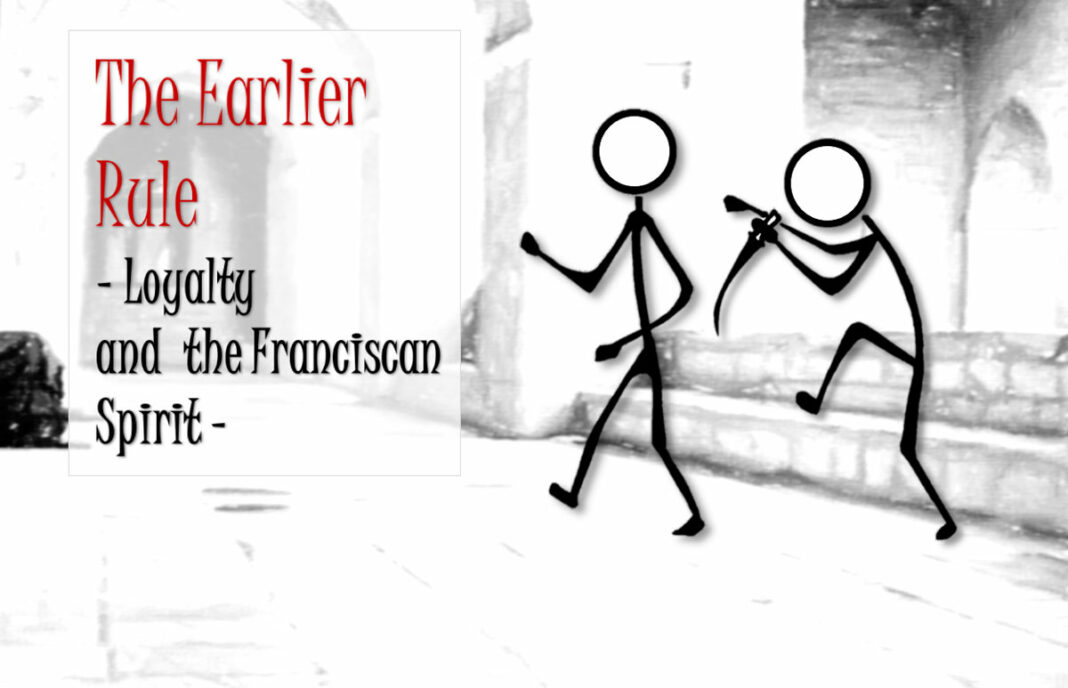As we mentioned in previous articles, we know that following Jesus Christ means going outside of ourselves and setting out on a journey. However, it certainly happens that some who go walking end up getting their feet dirty. St. Francis of Assisi understood this and for this reason he dedicated an entire chapter of the Earlier Rule to the Sacrament of Reconciliation. In this paragraph from Chapter XX, St. Francis advises:
Let all my blessed brothers, both clerics and lay, confess their sins to priests of our religion. If they cannot, let them confess to other discerning and Catholic priests, knowing with certainty that, when they have received penance and absolution from any Catholic priest, they are without doubt absolved from their sins, provided they have humbly and faithfully fulfilled the penance imposed on them.[1]
Now, what is interesting and curious in this chapter is not that St. Francis advises his brothers to confess their sins to a priest of our Order, or outside of it, but what follows when he writes:
If they have not been able to find a priest, however, let them confess to their brother, as the Apostle James says: Confess your sins to one another. (James 5:16) Nevertheless, because of this, let them not fail to have recourse to a priest because the power of binding and loosing is granted only to priests.[2]
This shows the chivalrous spirit of St. Francis. “Loyalty” is a very important ingredient for living in fraternity. Little is said about it and unfortunately, in certain “fraternities,” it is not experienced much. Loyalty between friars is not only the fruit of a moral duty, but above all, reflects our ability to love and forgive.
Eight hundred years later, Francis speaks to us through the text of his Earlier Rule to help us heal fraternal relationships that were wounded when trust was broken.
Could you confide your sins to a brother in the Order without fear of betrayal? If the answer is no, then our fraternities and Jurisdictions are not living in the Franciscan spirit. If we are unable to confide our shadow areas to our brothers, not even to one, without fear of being judged and betrayed, then we are far from the spirit of the Rule and the spirit of the Gospel. Francis writes in the Later Rule:
They must be careful not to be angry or disturbed at the sin of another, for anger and disturbance impede charity in themselves and in others.[3] Moreover, in one of his Admonitions he tells us: Blessed is the servant who loves and respects his brother as much when he is far away from him as when he is with him, and who would not say anything behind his back that he would not say with charity in his presence.[4]
Loyalty is one of the pillars that support fraternity. Without trust and charity, relationships cease to be human; they become cold and distrustful. What fraternity could remain standing like that?
Peace and All Good my dear reader; until the next reflection,
Friar Elio J. ROJAS.
[1] Earlier Rule XX, 1-2; FF 53
[2] Earlier Rule XX, 3-4; FF 53
[3] Later Rule VII, 3; FF 95
[4] Admonitions XXV; FF 175



















